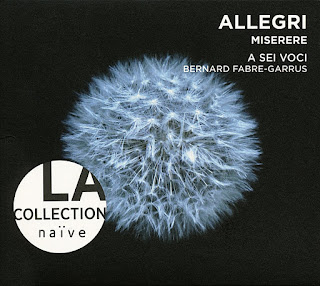Rating: 5/5
Review:
Another gem from Angela Hewitt
I have loved Angela Hewitt's original recording of the
Goldberg Variations ever since it was issued in 2000, so I was both excited and
a little anxious about a new recording.
No need for anxiety – this is another outstanding recording.
Hewitt has lived with this work for many, many years and has
a deep understanding of it both scholastically and emotionally - that much was
already evident in her original recording.
This version, recorded on her own
Fazioli piano, is recognisably different, but the differences are subtle and to me often
almost intangible. The pulse of the
dance which Hewitt understands so well is still there, as is the deep
scholarship which illuminates every bar and also the radiant beauty she brings
out of so many of the Variations.
Although she obviously brings something new to the work here, I
struggled to put my finger on exactly what it is because it's more a matter of
mood and a slight mellowness, perhaps, than anything really obvious. In her typically readable and interesting notes, Hewitt says:
"The Steinway I recorded on back in 1999 was a most
beautiful instrument. My own Fazioli on this 2015 recording
is more flexible, more challenging to one’s creativity, more
open to variations in sound and touch. The emphasis on
dance is more marked (dance in Bach means joy—one
would think that with age the capacity for joy diminishes,
but in fact I find the opposite). On this new recording the
phrasing is, I think, more elastic; the touch, when
required,
lighter; the contrasts more apparent."
I agree, and I can't do better than that. What I can say is that this will take its
place alongside her 2000 recording as a genuine favourite. It is, of course, superbly recorded by
Hyperion and is a wholly involving pleasure to listen to.
Hewitt ends her notes with this: "But above all, the ‘Goldberg’
Variations has somehow become a mirror of my life, and gives me the opportunity
to say with music that which I would never be able to express with words." That maturity and emotional investment shines
out of this disc as she expresses Bach faithfully and very beautifully. I love it, and I can recommend it very warmly
indeed.































